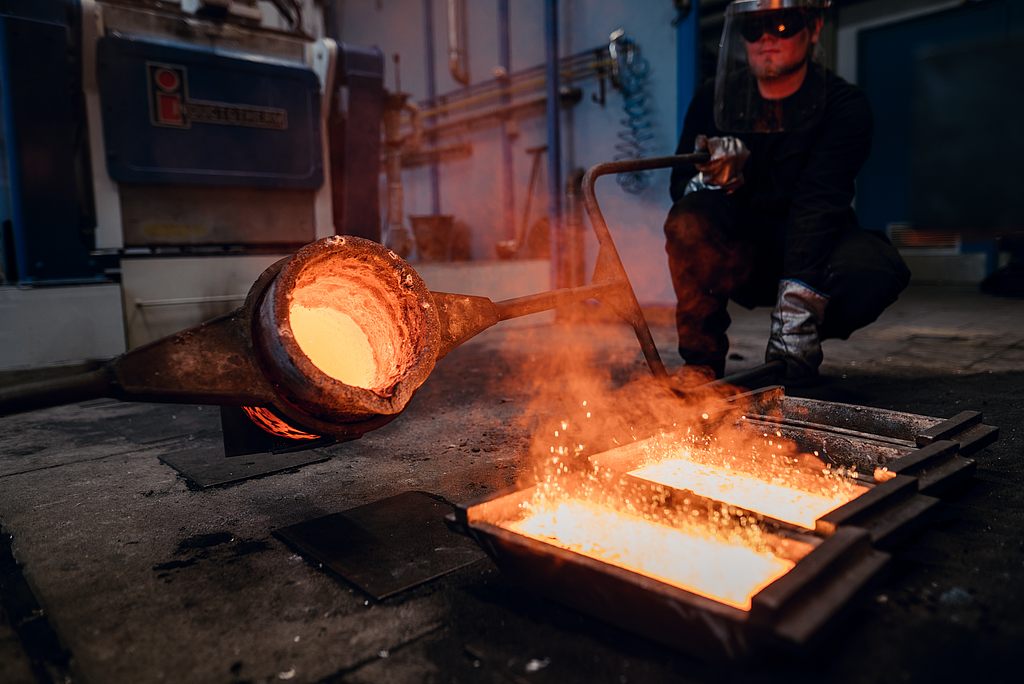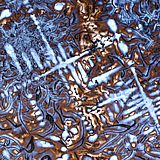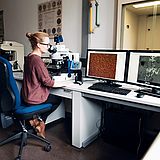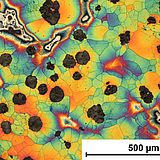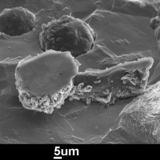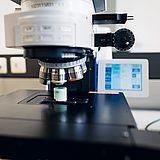Research
The demands on materials and production processes in foundry technology are constantly increasing. Cost pressure is forcing rationalization and the economical use of resources. To accompany this process, we are constantly developing new ideas which we implement in research projects with various project partners from other research institutions and from industry. Our main research areas can be divided into:
Development of casting alloys with new properties
New casting alloys that meet various property requirements open up new areas of application. This also applies to the modification of alloys already in use. The components to be manufactured are becoming increasingly complex and require defined properties in various areas. These requirements can be produced economically very well by casting. Components with different properties in different areas can be produced by locally modifying one material or by combining several materials.
Modeling and simulation
Modeling and simulation are key to understanding complex processes. They facilitate the targeted adjustment of microstructures and properties. They allow energy, time and material costs to be optimized.
Prediction of microstructure and properties
A large number of grain refining, refining and inoculation agents are used in industry today, which produce specific microstructures under very special conditions. The theoretical basis for this is not yet known, so that targeted further development is not possible. This applies to both ferrous alloys and non-ferrous metals. We therefore want to investigate the processes involved in grain refinement, refining and seeding with the aim of modeling grain formation and growth.
Development and control of processes
The development of new alloys requires a preoccupation with the manufacturing processes. At the same time, appropriate process control must ensure that consistent quality is maintained.
Our future research topics on these points deal with
- gradient casting (combination of different iron casting materials with different properties)
- gradient structures (components made of different materials)
- the microalloying of Al-Cu alloys to optimize microstructure and properties
- the hot cracking tendency of AlCuTi alloys in permanent mold casting
- melting metallurgical measures for quality assurance of Al secondary alloys
- the age-hardenable aluminum alloy AlZnMgCu
- the combination of the refinement of the eutectic silicon and the fining of the primary silicon of Al-Si alloys for engine construction
- the modeling of nucleation and grain growth processes
- the process control of grain refinement and inoculation
